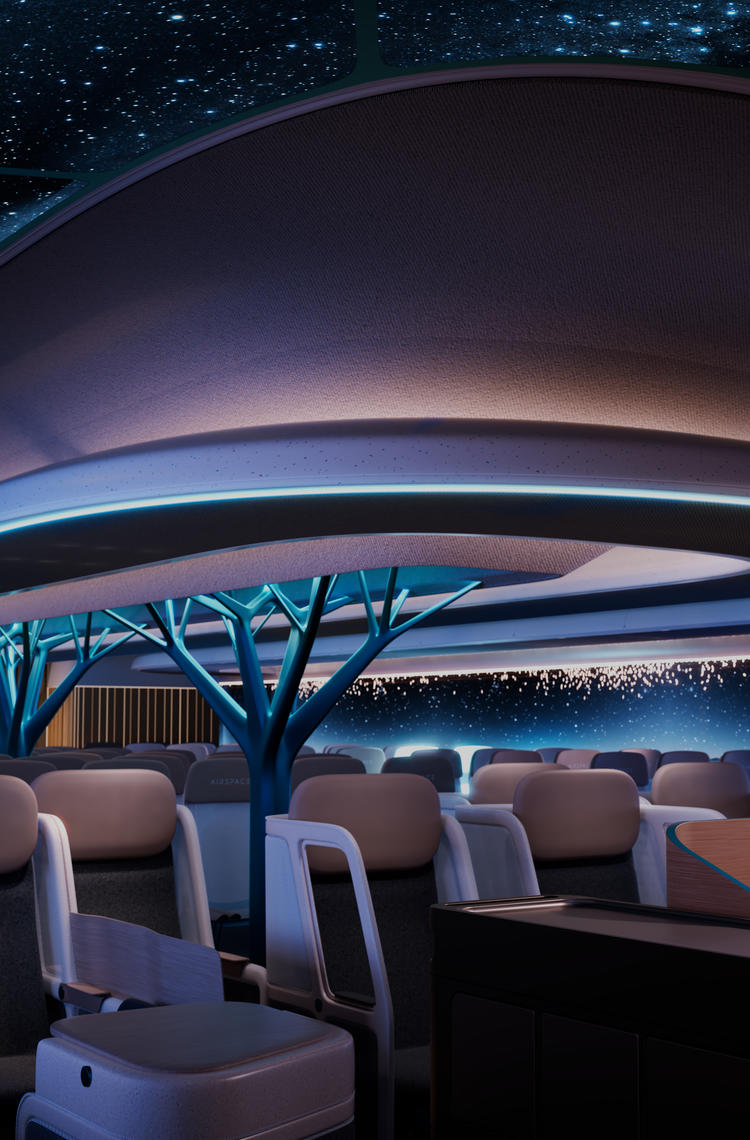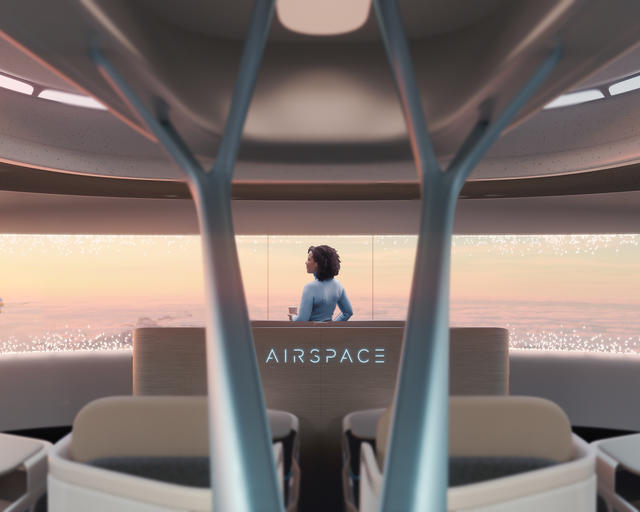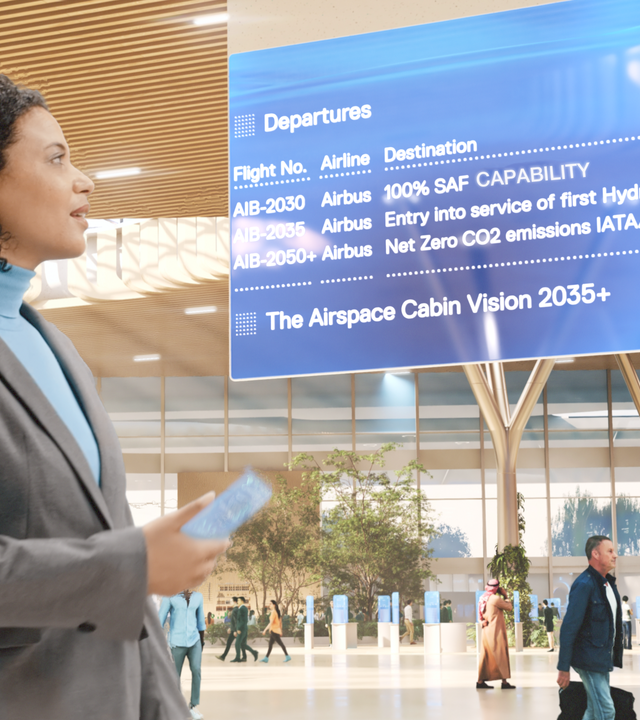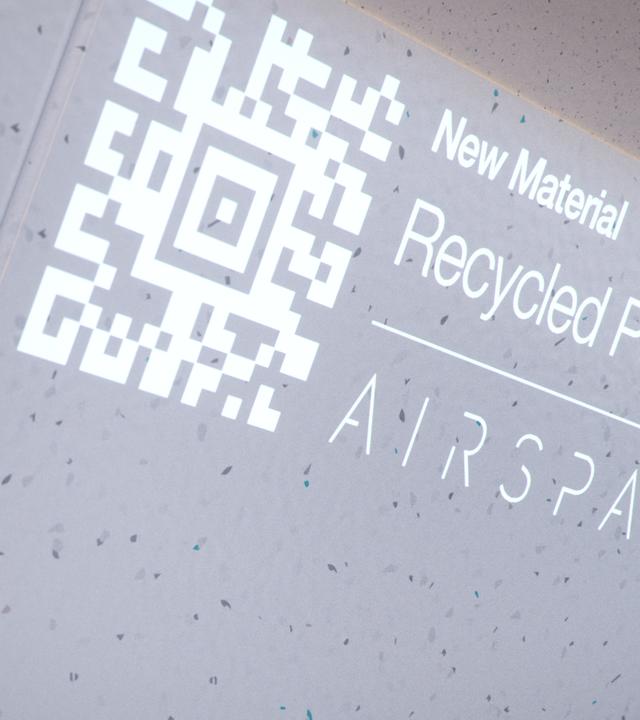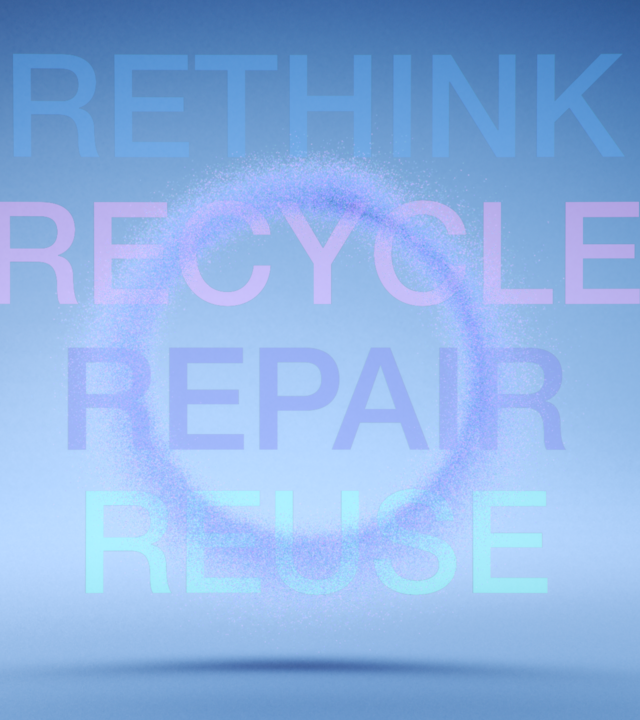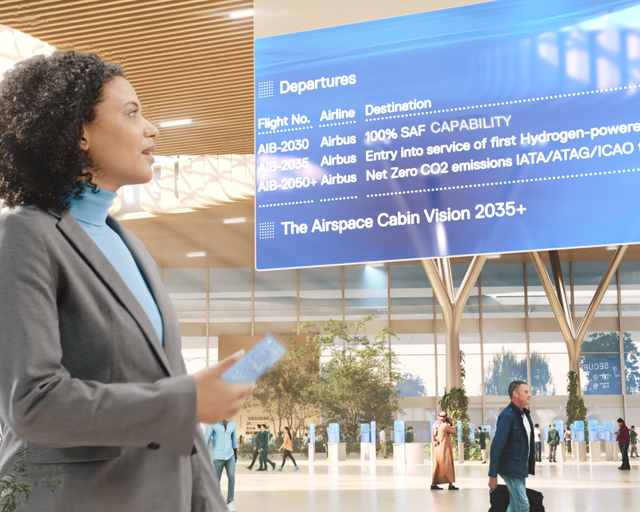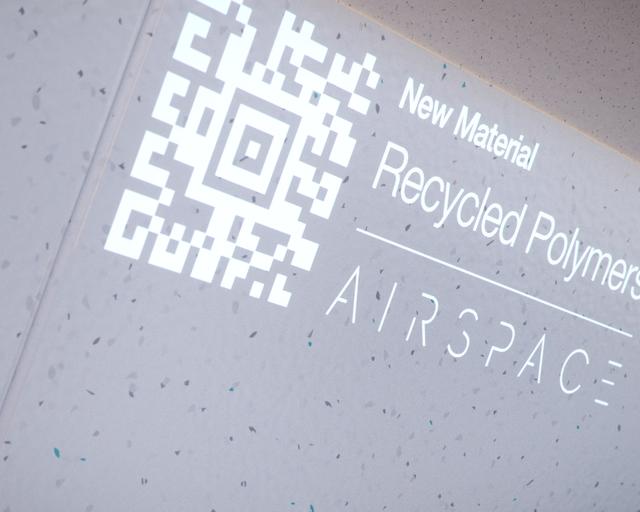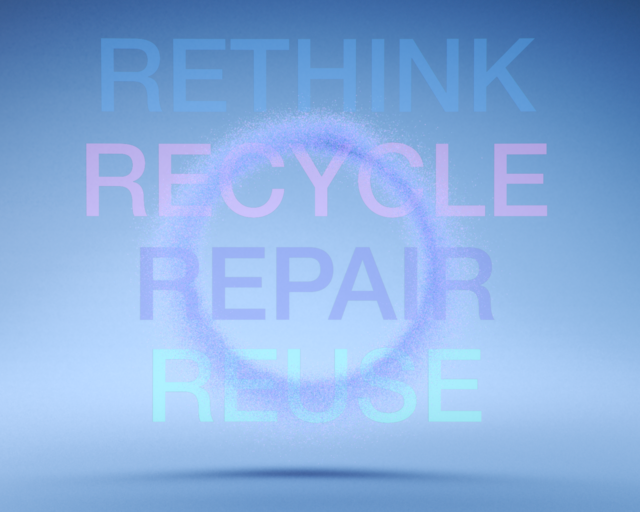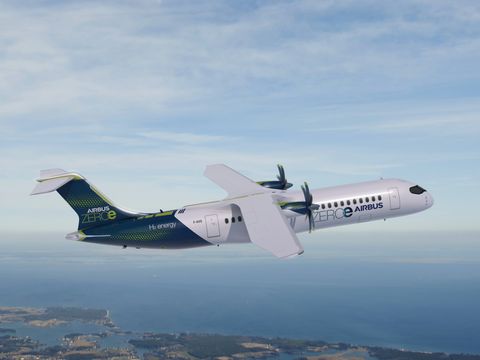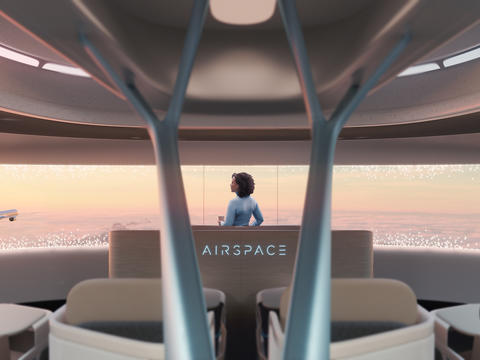The Journey is only starting
Today, aviation represents 2.5% of man made emissions. Huge progress has been made since the 1980s to reduce the industry’s carbon footprint.
Our goal is that future generations continue to benefit from aviation as much as the current generations have.
Our ambition
The Airspace Cabin Vision 2035+ is all about reimagining the future travel experience. Passengers and the entire aviation industry are invited to envision a future of flying that prioritises sustainability while maintaining superior levels of comfort. This will be achieved via a paradigm shift leveraging digital processes and tools, bionic structures and a circular design philosophy. What would that look like exactly? Discover what we think!
Airspace Cabin Vision 2035+
3 pillars to achieve our ambition
Focus on 3 main drivers, supported by a clear roadmap that has been co-built with key industry players
Circularity
- Integrate the next generation cabin in a hydrogen-powered aircraft and support the reduction of emissions intensity for the existing fleet
- Zero landfill and incineration of cabin materials at end-of-use (except if required by regulation)
- Establish a circular cabin based on the elimination of waste and pollution as well as circulation of products and materials
Discover the C Suite
The Business Class concept seat that showcases our vision
The C Suite demonstrates the different facets of sustainability from cabin efficiency and weight reduction to new materials and processes, as well as a circular design approach. The concept addresses the need to reduce CO2 emission density by optimising the use of space and applying new technologies.
